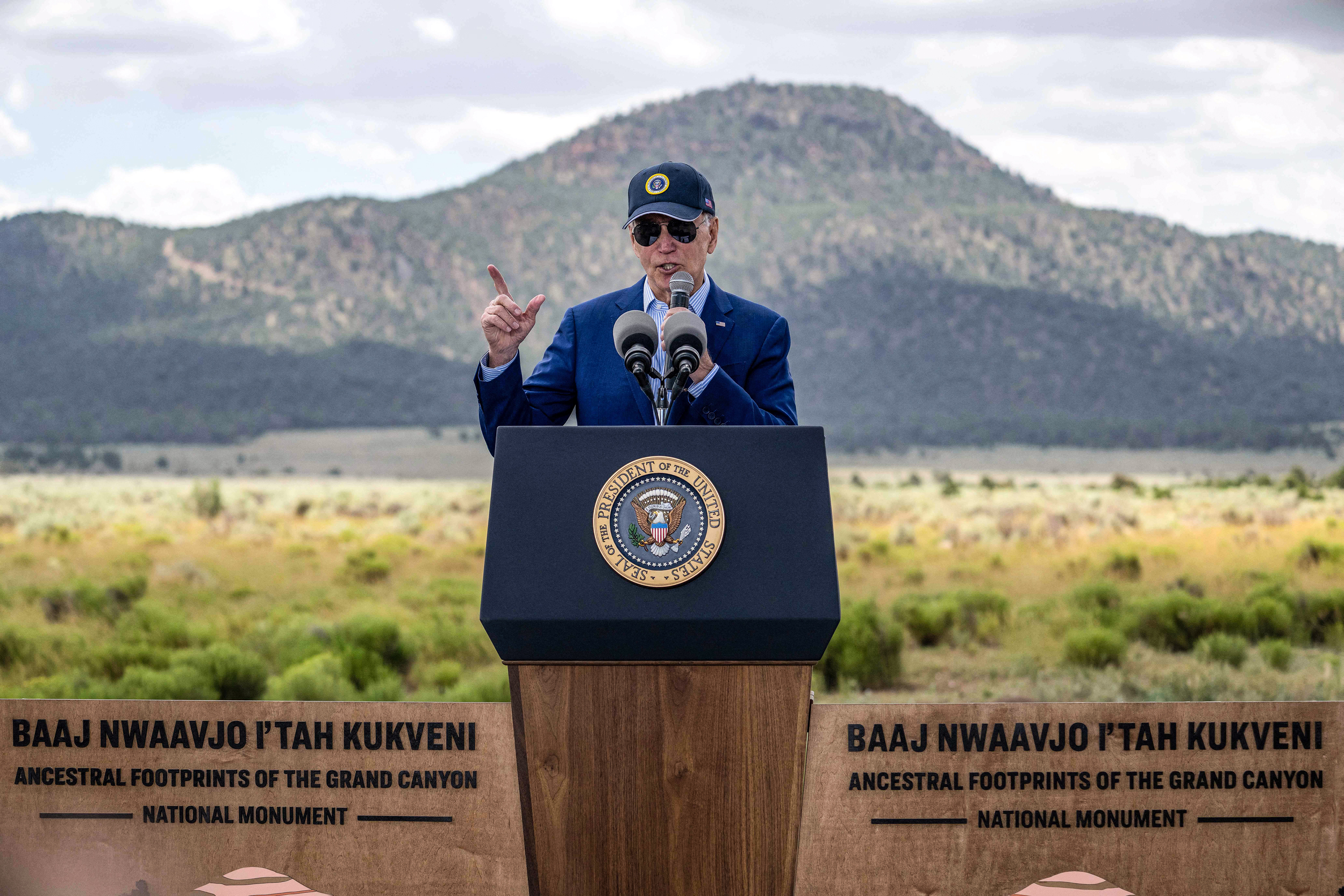In a recent interview with the Weather Channel Biden said that “practically speaking” he already has declared an emergency through legislative packages like the Inflation Reduction Act (IRA) and rejoining the Paris Climate Accord. Despite these wins for progressives, activists are pressing for the President to declare a climate emergency. Formally declaring a climate emergency, as President Biden has wisely avoided, would be counterproductive to meaningful climate action.
>>>READ: Climate Radicals Come to Washington
The National Emergencies Act (NEA) allows a president to activate special powers during a crisis, although the word “crisis” has had a loose definition in the past few administrations. For instance, in 2019 President Trump evoked the National Emergencies Act to secure funding for a border wall. Since 1976 every presidential administration has declared a national emergency and 44 are still in effect today.
According to the Brennan Center for Justice, there are 135 statutory powers that may become available to a president under the NEA, with varying degrees of Congressional scrutiny; some powers under the NEA require a declaration of emergency from Congress to invoke, while others have no restrictions and can be used whenever the president feels it is appropriate. Related to energy production, the president can impose export restrictions or halt exports altogether for crude oil for up to one year, should it be determined that oil exports have increased costs for consumers domestically. Congress can vote to end an emergency with a simple majority in both chambers.
While the NEA is critical for immediate responses to natural disasters like hurricanes, tornadoes, or wildfires, employing it as a way to address climate change is extremely misguided. To the extent that climate change is an emergency, it is a complex, global problem. Even if the U.S. were to magically stop emitting greenhouse gasses overnight, Americans would still feel the impacts of climate change as the rest of the world would continue emitting. (Carbon dioxide emissions don’t respect borders).
Furthermore, the actions under a climate emergency that activists would advocate for—such as banning all fossil fuel development in the U.S.—would have several unintended economic and environmental consequences. American oil and gas have a comparative carbon advantage over fossil fuels sourced overseas. As one report from the National Ocean Industries Association finds, U.S. oil from the Gulf of Mexico has a carbon footprint that is 23 percent lower than the global average. A similar study from CRES Forum found that the European Union could reduce emissions by 72 million metric tons annually by switching from Russian to American natural gas. Given the fact that global demand for fossil fuels will continue through 2050, halting drilling in the U.S. will hurt American jobs and shift production overseas to countries with poorer environmental records.
Declaring a climate emergency would provide the administration with largely unchecked unilateral authority to massively intervene in the economy. Such regulatory powers would restrict consumer choice and stifle private sector investment and innovation by empowering the government to pick winners and losers among energy sources and technologies. As is the case of Germany, shifting the energy production of an entire economy before the market is ready leads to higher costs, less reliable and secure energy, and more emissions. A climate emergency would also give the executive branch more discretionary spending power, which, if left unchecked, could quickly become unsustainable and increase inflation and interest rates which are already impacting clean energy investments in the U.S.
>>>READ: Economic Cooling Won’t Stop Global Warming
Meaningful climate solutions will not come from executive proclamations, but from policies that support bottom-up solutions. Every day companies, scientists, and entrepreneurs are making breakthroughs in battery storage technology, carbon capture, nuclear power, and environmental restoration. At the same time, lawmakers are proposing durable bipartisan solutions that range from empowering landowners to conduct forest restoration projects to lowering barriers and investing in nuclear energy.
To be clear, President Biden’s energy and environmental agenda has largely relied on executive orders, invoking the Defense Production Act, and large spending packages that will lead to increased inflation (and thus taxation) in the future. However, his willingness to stand strong and not declare a climate emergency is commendable. President Biden will see more durable climate success by working across the aisle to pass policies that reduce barriers to clean energy investment and innovation.
The views and opinions expressed are those of the author’s and do not necessarily reflect the official policy or position of C3.
